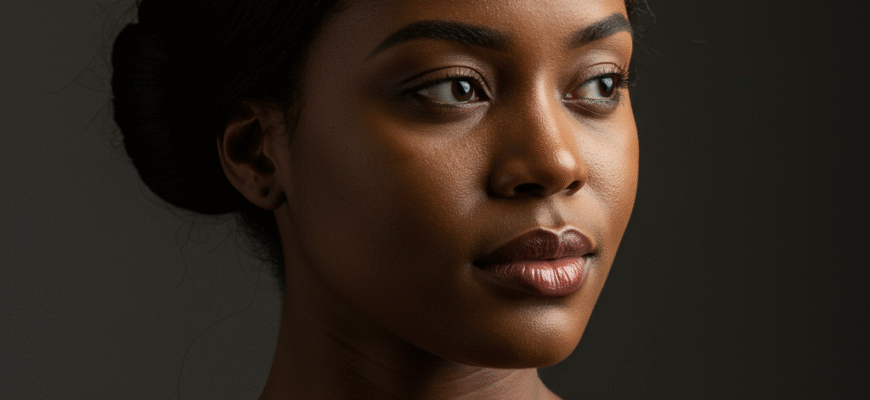Content
The Ripple Effect of Negative Body Image
When negative thoughts dominate our body image, the consequences can ripple outwards, touching many areas of life. Constantly criticising one’s appearance can chip away at self-esteem and self-worth. This internal negativity can lead to feelings of inadequacy, sadness, or anxiety. It might manifest as:- Social withdrawal: Avoiding social events, beaches, or gyms due to fear of judgment about one’s body.
- Preoccupation with appearance: Spending excessive time checking mirrors, weighing oneself, or comparing oneself to others.
- Mood fluctuations: Feeling happy or sad based purely on perceived changes in weight or appearance.
- Difficulty accepting compliments: Brushing off positive remarks due to a deeply ingrained negative self-view.
Societal Pressures and Comparisons
We don’t form our body image in a vacuum. We are constantly bombarded with messages about ideal bodies through various channels – traditional media, advertising, and increasingly, social media. These platforms often present highly curated, edited, and unrealistic portrayals of human bodies, setting unattainable standards. This creates fertile ground for social comparison, a process where we evaluate ourselves against others. Scrolling through perfectly posed images online can trigger feelings of inadequacy and dissatisfaction with our own bodies. We might compare our ‘behind-the-scenes’ reality with someone else’s ‘highlight reel,’ forgetting the filters, angles, and effort that go into creating that perfect shot. This constant comparison culture can significantly worsen body image concerns and contribute to feelings of anxiety and low mood. It fosters an environment where external validation seems paramount, overshadowing internal self-acceptance.Important Note: Remember that social media often presents a curated and unrealistic version of reality. Comparing your everyday self to highly edited online images can negatively impact your self-perception and mood. Consciously limiting exposure or critically evaluating the content you consume can be beneficial for your mental well-being.
When Mental Health Challenges Affect Body Image
The connection is a two-way street. Just as poor body image can contribute to mental distress, existing mental health challenges can negatively impact how someone perceives their body. For instance, individuals experiencing depression might have a generally negative outlook that extends to their physical appearance, regardless of how they look. They might lack the motivation for self-care activities that could otherwise boost their body confidence. Anxiety can also play a role, sometimes manifesting as heightened self-consciousness or worry about physical symptoms or appearance. Feeling stressed or overwhelmed can lead some people to neglect their physical needs or engage in unhealthy coping mechanisms that might affect their body and, consequently, how they feel about it. Understanding this interplay is crucial; sometimes, addressing the underlying mental health concern can lead to improvements in body image, and vice versa.Cultivating a Healthier Relationship with Your Body
Improving body image isn’t necessarily about changing your body; it’s often about changing your perspective and fostering self-acceptance. It’s a journey towards appreciating your body for what it can do rather than just how it looks. This involves shifting focus from criticism to appreciation and respect.Steps Towards Body Positivity and Neutrality
Building a better relationship with your body takes time and conscious effort. Here are some approaches:- Focus on Functionality: Appreciate what your body allows you to do – walk, breathe, hug loved ones, experience the world. Shift the focus from aesthetics to capability.
- Media Literacy: Be critical of the media you consume. Recognize that images are often edited and represent narrow beauty ideals. Unfollow accounts that consistently make you feel bad about yourself.
- Positive Affirmations: Counter negative self-talk with positive or neutral statements about your body. Instead of focusing on a perceived flaw, acknowledge a feature you like or simply accept its presence without judgment.
- Self-Care Practices: Engage in activities that make you feel good in your body, not as a means to change it, but for enjoyment and well-being. This could be gentle exercise, stretching, mindful eating, or getting enough sleep.
- Wear Comfortable Clothing: Choose clothes that fit well and make you feel comfortable and confident, rather than fixating on size tags or squeezing into uncomfortable outfits.
- Practice Self-Compassion: Treat yourself with the same kindness and understanding you would offer a friend struggling with similar feelings. Acknowledge that bad body image days happen and be gentle with yourself.
Verified Insight: Research increasingly shows a strong correlation between body dissatisfaction and poorer mental health outcomes, including lower self-esteem and increased risk of depressive symptoms. Conversely, fostering body appreciation and acceptance is linked to greater psychological well-being. This connection highlights the importance of addressing body image as part of overall mental wellness.









